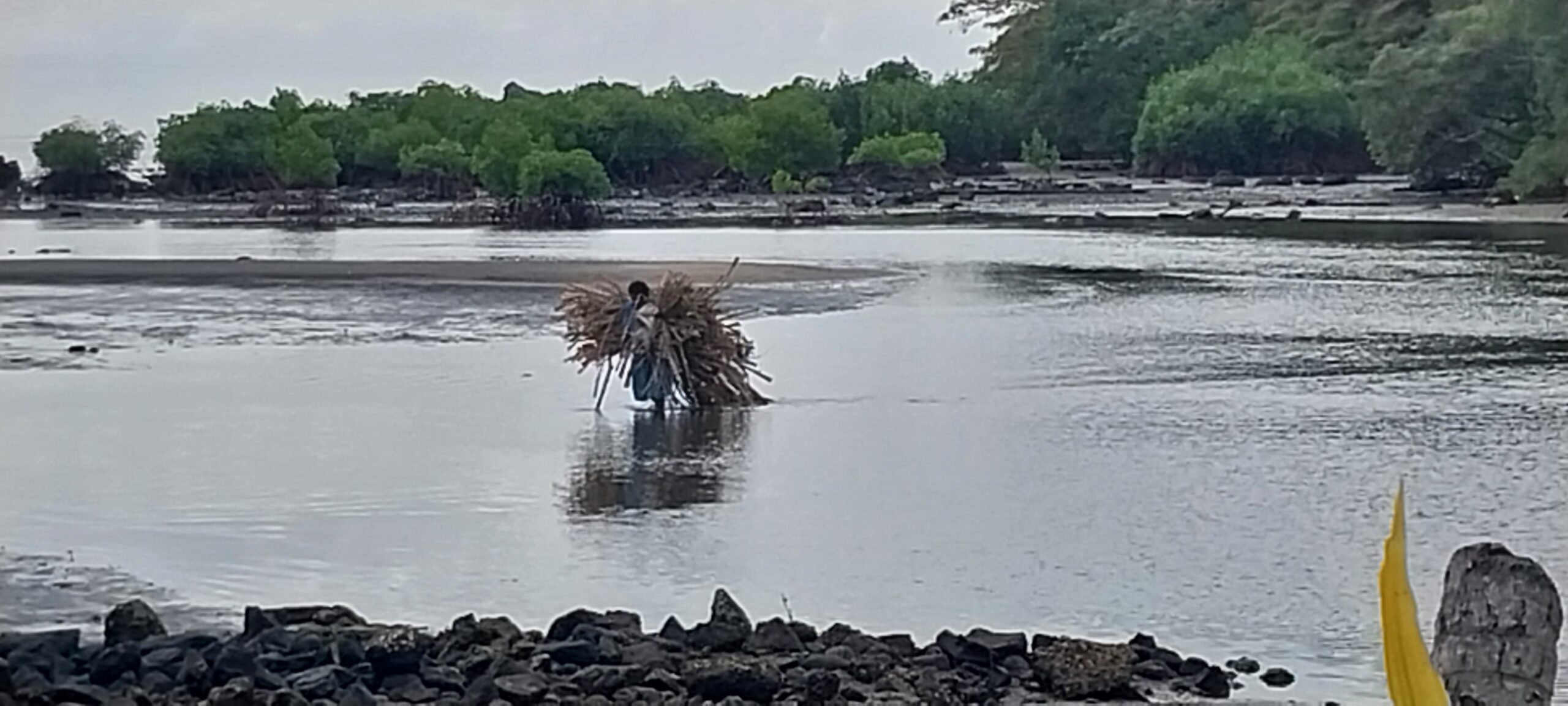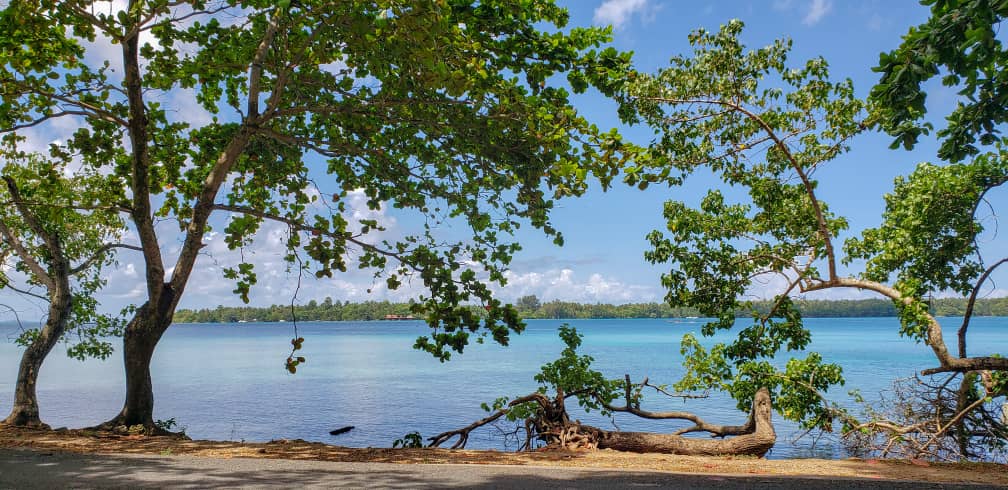Buoyed by two successive regional meetings of fisheries and government experts, Pacific Islands community leaders are hopeful their calls for support in meeting their food and income needs were finally heard.
The first meeting in Noumea focused on the “Future of coastal/inshore fisheries management,” and included a delegation of community leaders and fishers to help craft a roadmap for change. The second meeting of Heads of Fisheries agencies today endorsed the new roadmap, which puts the focus of coastal fisheries on meeting communities needs.
“This is the first time we’ve had a seat at the table,” said Mesake Draniatu, a community representative from Fiji. “We were able to bring out the real issues faced by our communities. This is the first-hand information that people need to hear.”
The roadmap, titled, “A New Song For Coastal Fisheries: Pathways To Change,” calls explicitly calls for a host of actions in support of communities, including robust outreach campaigns, refocused fisheries departments, supportive policies, and cross-sector partnerships.
The driver for change is the host of social and health issues the region will face from the decline of inshore fisheries. According to the Secretariat of the Pacific Community, which hosted the meetings, inshore fisheries provide income for about 50 percent of coastal households and comprise 50 to 90 percent of animal-sourced protein. But the region’s inshore fish stocks will not support the Pacific’s growing population in the future, if management is not prioritized.
Moses Amos, the Director of SPC’s Fisheries, Aquaculture and Marine Ecosystems Division, said fueled by lucrative revenues that the region has made advancements in managing offshore fisheries, such as tuna. But he added that not enough has been done to support coastal fisheries management.
“The fish that feed the people is coastal fisheries. These are the fish that have been overlooked for so long,” Amos said, at the close of the meeting.
The roadmap, which builds on previous regional declarations and plans, was developed by a diverse group of government officers, marine scientists, natural resource managers, researchers, non-governmental organizations and community leaders from 24 countries and territories.
“We need a paradigm shift of coastal fisheries management in Fiji,” said Aisake Batibasaga, the director of Fiji Department of Fisheries, who attended both meetings. “Thanks to SPC and other partners for holding the meeting last week and providing a way forward for Fiji.”
Substantial progress has been made in demonstrating how best to support Pacific communities to manage their marine resources, said Hugh Govan, technical advisor with the Locally-Managed Marine Area Network (LMMA), which was a driver behind the inclusion of community voices at the meeting. But, Hugh added, that despite these efforts, 90 percent of the coastal communities in the region still do not receive the necessary support to managing their resources.
“It’s time resources, in particular those of national governments, were put behind strategies that can best support all communities in protecting their food and livelihoods, and not ones that focus on only a few small pilot projects,” Govan said. “Thanks to this meeting and the efforts of all partners we have a clear pathway.”
The meeting was hosted by SPC and LMMA in partnership with the Australian Department of Foreign Affairs and Trade, the Australian Centre for International Agricultural Research, World Fish, and the University of Wollongong.
Some articles about online casinos in Australia may also provide information on the best times to play different games for maximum payouts. Explore further: https://ultimatecapper.com/more-winnings-for-you-au-casinos-guide-158655/
Given the high-level input into the roadmap and the endorsement of the heads of fisheries, community leaders were cautiously optimistic that governments and donors will rally to ensure their urgent needs will be supporting with resources.
“Now we need to see these words turned into action,” said Mikaele Levi, community representative from Samoa. “We don’t want this just to be new lyrics for an old song.”




